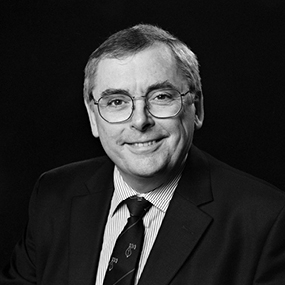The UK Diploma in Anaesthetics: A world first in the path to an independent specialty

Professor Emeritus, University of Dundee, UK.
President, History of Anaesthesia Society, 2006–2008.
Honorary Archivist, Royal College of Anaesthetists, 2012–2015.
In 1935, the DA was a World first and served as the definitive academic qualification for anaesthetists in the UK for just over a decade. Thereafter its primacy was replaced by the Fellowship qualification, but the DA continued as a GP anaesthetist qualification, significant events in its story marking the route to a fully independent specialty.
This account has its origins in the author’s appointment as honorary archivist to the Royal College of Anaesthetists (RCoA) in 2012, initial exploration of the role revealing that the College possessed relatively little in the way of documentation of the years between 1948 (establishment of the Faculty of Anaesthetists) and 1982 (the move from the Royal College of Surgeons of England). This was discussed with the then president, Dr J-P van Besouw, and he suggested that it might be possible to search the library and archive of the Royal College of Surgeons (RCS) so that all relevant documents could be scanned to provide digital copies for our use. He approached his opposite number at Lincoln’s Inn Fields to explore the possibility, and received ready agreement to the exercise which started with a search for, and identification of, the relevant documents. These were then scanned and the files transferred to portable storage media to allow uploading to a permanent home on our own system, all elements of this process receiving ready help from the RCS library and archive staff. During the initial search for documents, it became apparent that there was important, but unknown information on the Diploma in Anaesthetics (DA), this suggesting that detailed study would be appropriate. What follows is the result.
Comments and suggestions will be most welcome.
